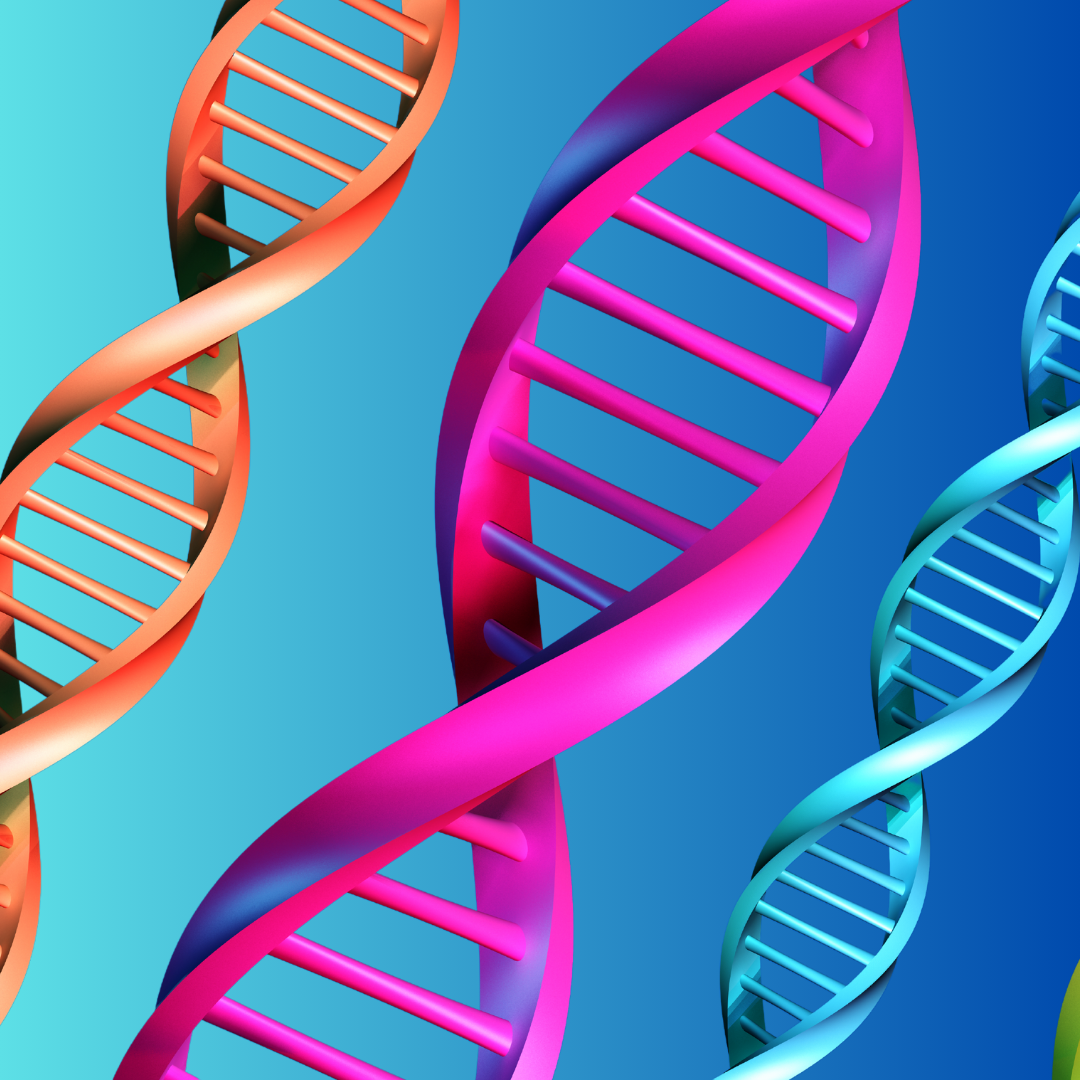Prime editing deal flurry to nail down patent rights
By Carrie Arnold,
Nature Biotechnology
| 04. 17. 2024
Tome Biosciences came out of stealth mode on 12 December with a haul of over $200 million to develop the company’s gene editing platform. Tome’s first order of business was to snap up Replace Therapeutics to expand its toolkit to one equipped to make gene edits in DNA sequences big and small.
Tome’s own genomic technology, mediated by an integrase, is well suited to large DNA up to tens of thousands of kilobases long. Replace’s CRISPR–Cas9 ligase-mediated platform, by contrast, is adept at inserting and deleting small DNA sequences of 10–100 base pairs. Having both of these technologies in its pocket, says Tome CEO Rahul Kakkar, means that the company can potentially replace an entire gene with a wild-type version rather than correct a defective version, and without requiring double-stranded breaks in DNA.
The merger, worth $65 million up front and potentially up to $185 million total for Replace, is one of the largest acquisitions in the booming prime editing field. Although Kakkar says that the acquisition was driven not by patent coverage but to expand Tome’s gene editing toolkit...
Related Articles
By Diaa Hadid and Shweta Desai, NPR | 01.29.2026
MUMBRA, India — The afternoon sun shines on the woman in a commuter-town café, highlighting her almond-shaped eyes and pale skin, a look often sought after by couples who need an egg to have a baby.
"I have good eggs,"...
By George Janes, BioNews | 01.12.2026
A heart attack patient has become the first person to be treated in a clinical trial of an experimental gene therapy, which aims to strengthen blood vessels after coronary bypass surgery.
Coronary artery bypass surgery is performed to treat...
By Staff, ScienceDaily | 01.05.2026
Scientists at UNSW Sydney have developed a new form of CRISPR technology that could make gene therapy safer while also resolving a decades-long debate about how genes are switched off. The research shows that small chemical markers attached to DNA
...
Following a long-standing CGS tradition, we present a selection of our favorite Biopolitical Times posts of the past year.
In 2025, we published up to four posts every month, written by 12 authors (staff, consultants and allies), some in collaboration and one simply credited to CGS.
These titles are presented in chronological order, except for three In Memoriam notices, which follow. Many more posts that are worth your time can be found in the archive. Scroll down and “VIEW...




